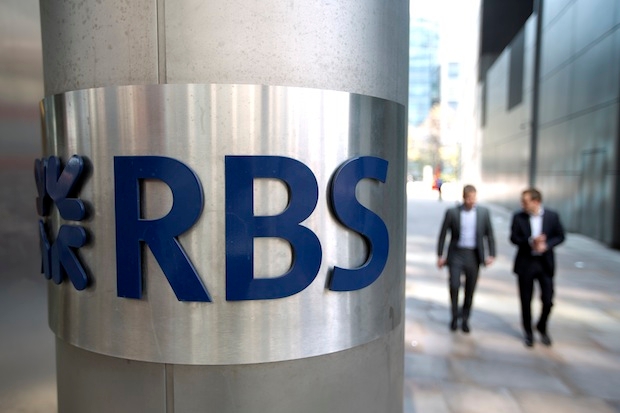The European Commission likes playing hard ball. Back in 2009 it decided that a bloated RBS had to sell off its Williams & Glyn unit to meet European Union state aid demands. But after a seven-year hunt for a buyer, RBS abandoned the sale and instead proposed a £775 million fund to help strengthen its competitors. But as it prepares to hand out cash to its rivals next month, RBS is charting a course that could see it sweep the rug from under their feet.
While the likes of Monzo, Starling Bank, Revolut, and German-based N26 are fighting hard for personal current accounts, the race for business banking is only just getting started, with firms like Tide, Coconut, and the soon to be launched Allica all hoping to attract a piece of the pie. Put simply, business banking is the next wave of disruption in finance.
Lining up for RBS’s cash are a number of new kids on the block, including Monzo and Starling Bank. But there are also a number of larger firms the mix, including TSB, The Co-operative Bank and Clydesdale Bank.
And unlike personal banking customers, business banking customers can be really lucrative – after all, they get very little for free. Cash withdrawals and cheque deposits often cost money, and monthly fees are pretty much standard, as is lousy customer service and a wait of weeks or even months to even open an account. Business banking customers have come to not expect much at all.
The new group of business banking entrants promise to get the basics right and offer additional features to support business owners, such as cash flow forecasts, invoice management and spending analytics.
Most of these new accounts will be app-based, after all 2018 became the year banking apps overtook all other channels as the UK’s preferred way to bank. Of particular note is the pace of change. At no point has it been clearer to me that financial firms that don’t start to think differently now risk seeing the most lucrative parts of their businesses hollowed out within years.
And instead of waiting for death by a thousand papercuts, RBS has quietly developed an app-based challenger bank called Mettle, which is aimed at SMEs (small and medium-sized enterprises).
This isn’t some executive whim to bring to market something a bit shiny, but rather a calculated attempt to create and embed a market leader that can establish a dominant market position before the rest of the industry catches-up. And one that starts with a cost-to-income ratio that means succulent profits are on the horizon.
There’s no doubt that launching a new brand devoid of the legacy issues that come with operating a large UK bank is also appealing. And while trust in banking is a widely discussed topic, for some customers, trust simply means the stability that only a large financial firm can deliver, and in this scenario, being ‘backed by NatWest’, an RBS brand, Mettle has the potential to really clean up.
By stimulating greater competition, RBS’s millions will find themselves used by competitors to spread the word that better business banking options are available. Convincing customers that better banking is possible is among the hardest challenges new financial firms face, and so RBS’s £775m fund is effectively paying competitors to spread the word about challenger banking, all the while offering Mettle as a credible option for those looking for business banking done differently. It’s a rather genius move.
Time will tell if Mettle will capture the hearts, minds and bank accounts of UK businesses, but injecting a healthy dose of competition into business banking is long overdue. Although £775 million sounds like a large pot of cash to giveaway, if it helps to change the mindset of business banking customers, it will be well worth it.
Mike Fotis is the Founder of Smart Money People, a financial services review website and research company.






Comments